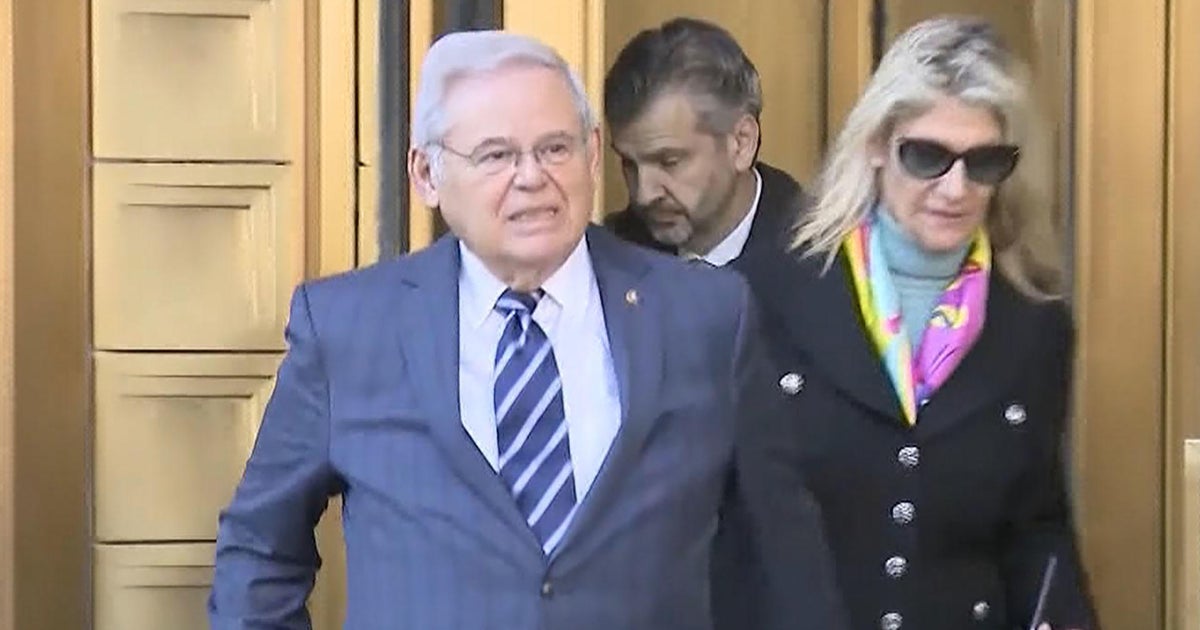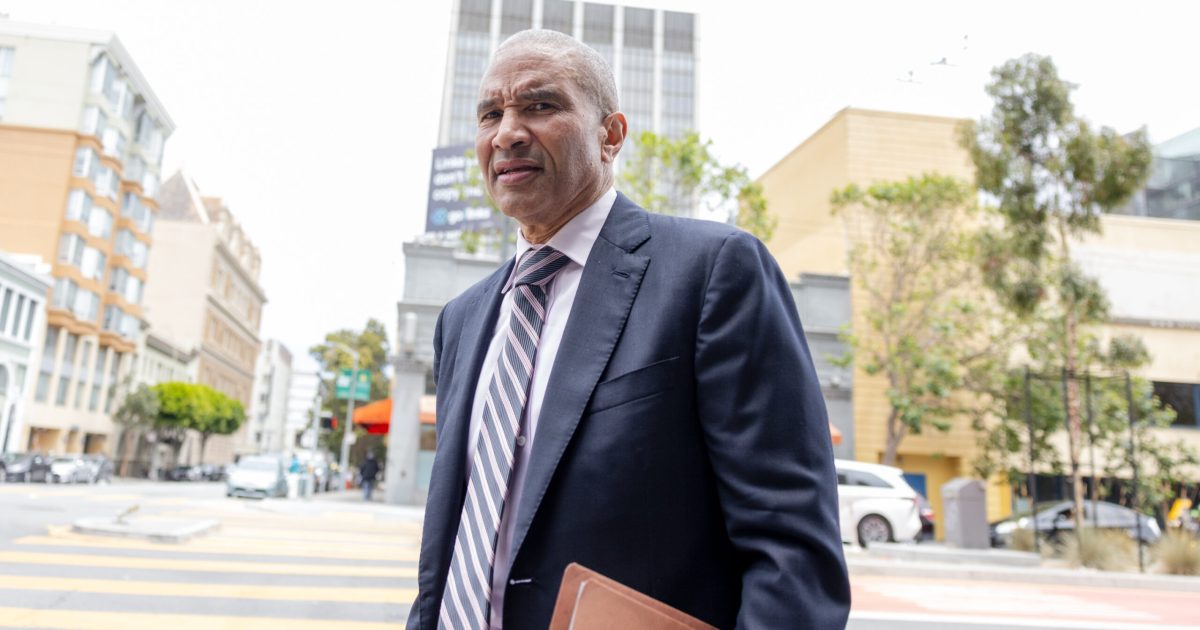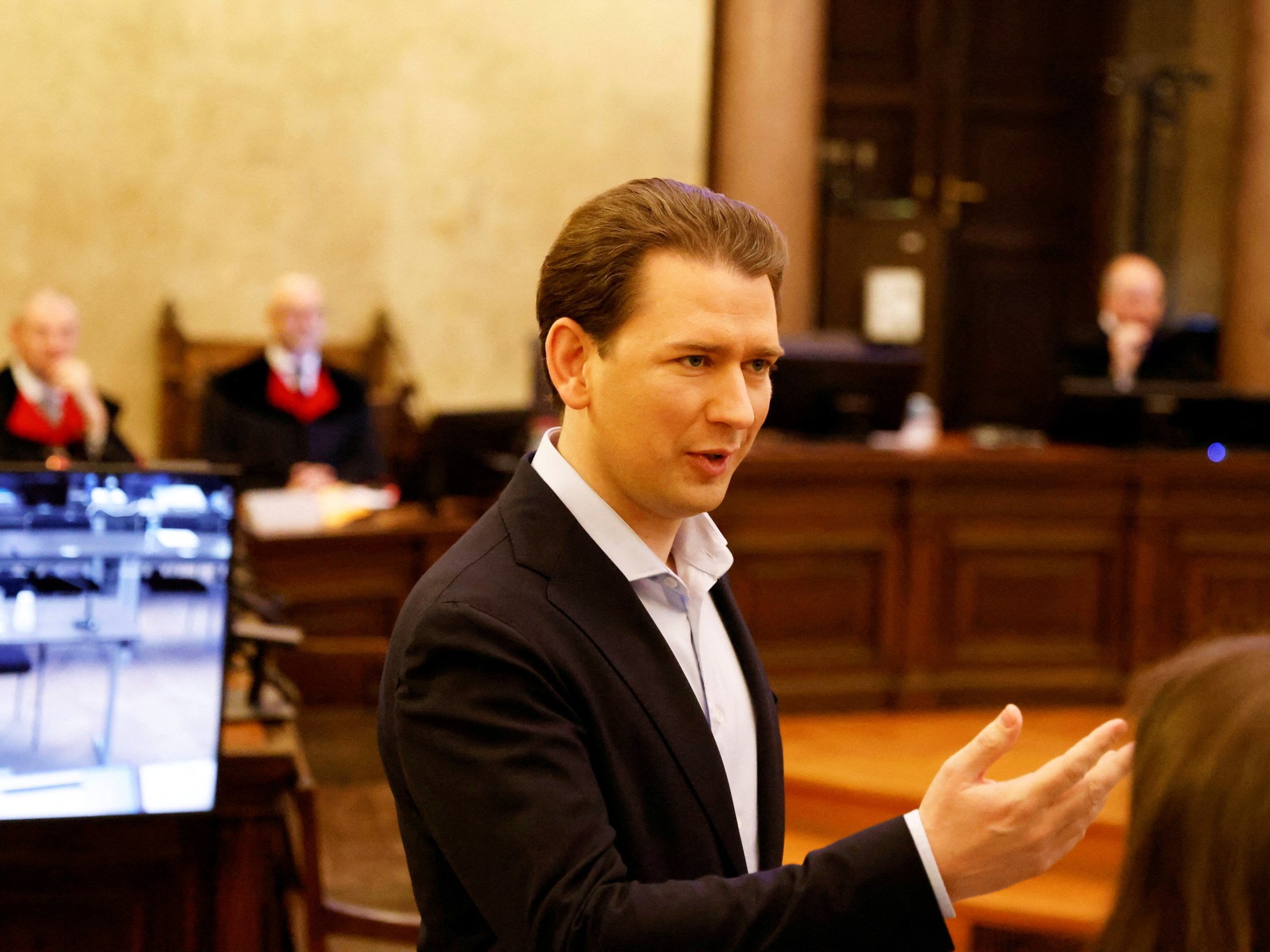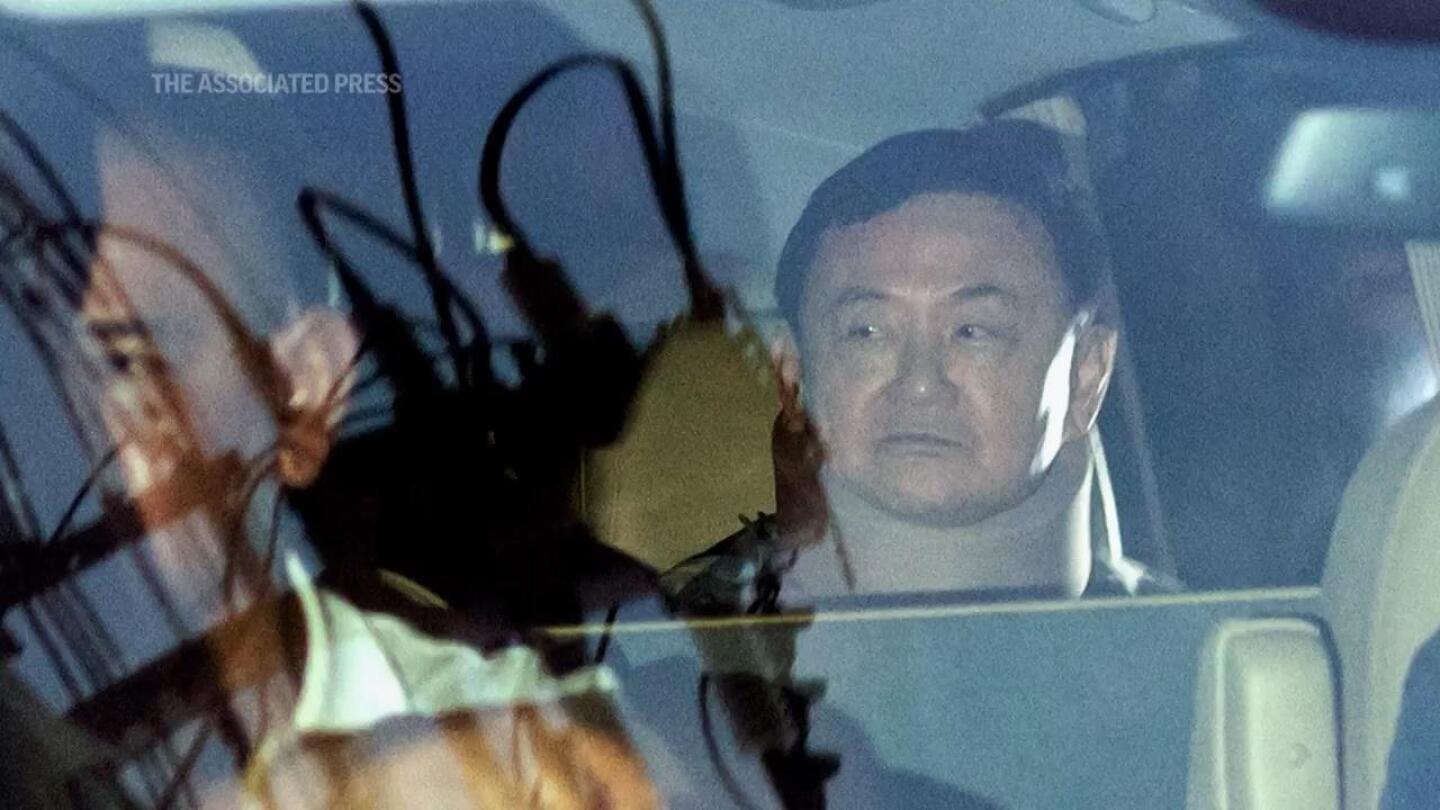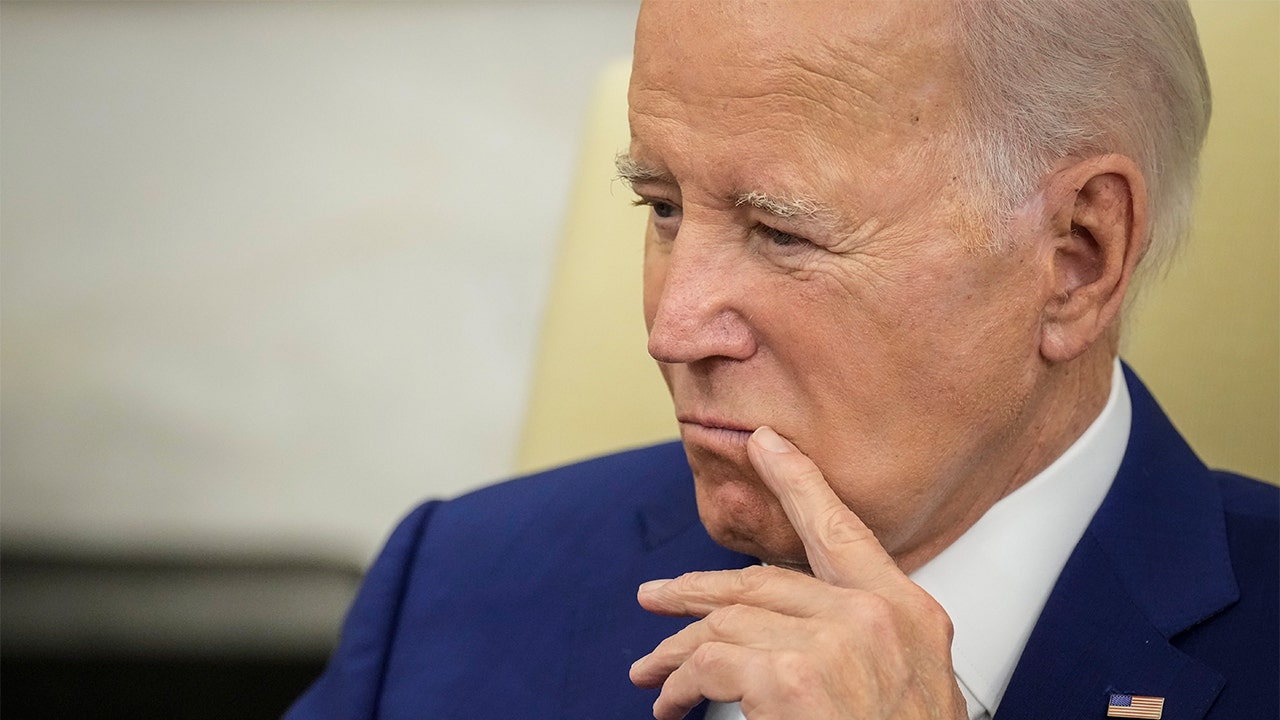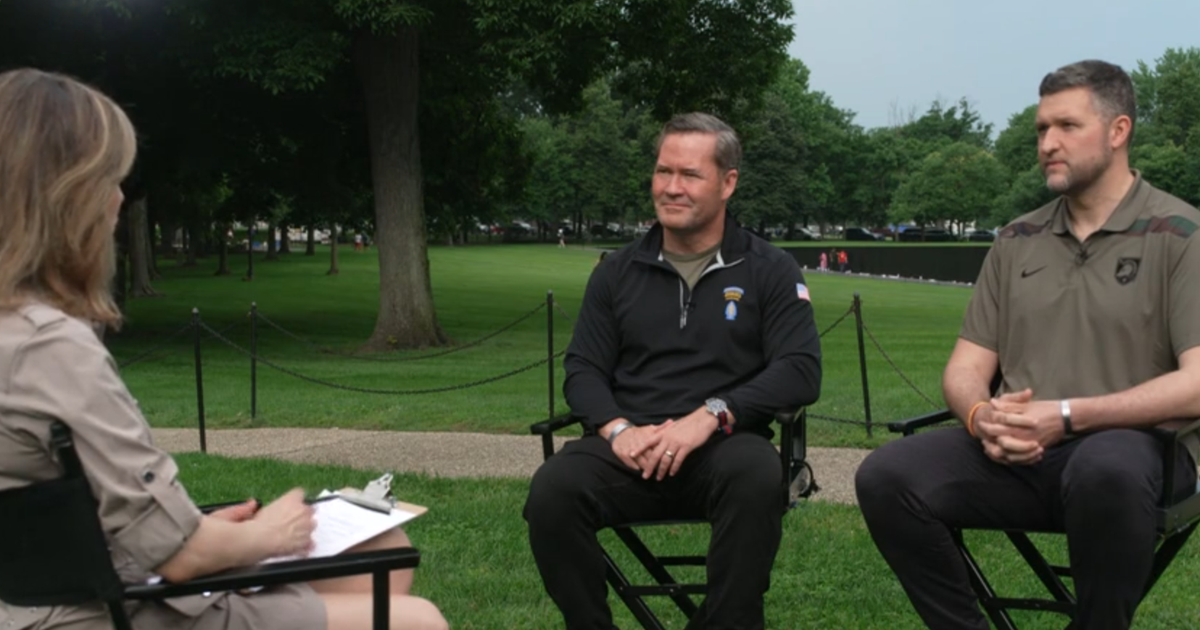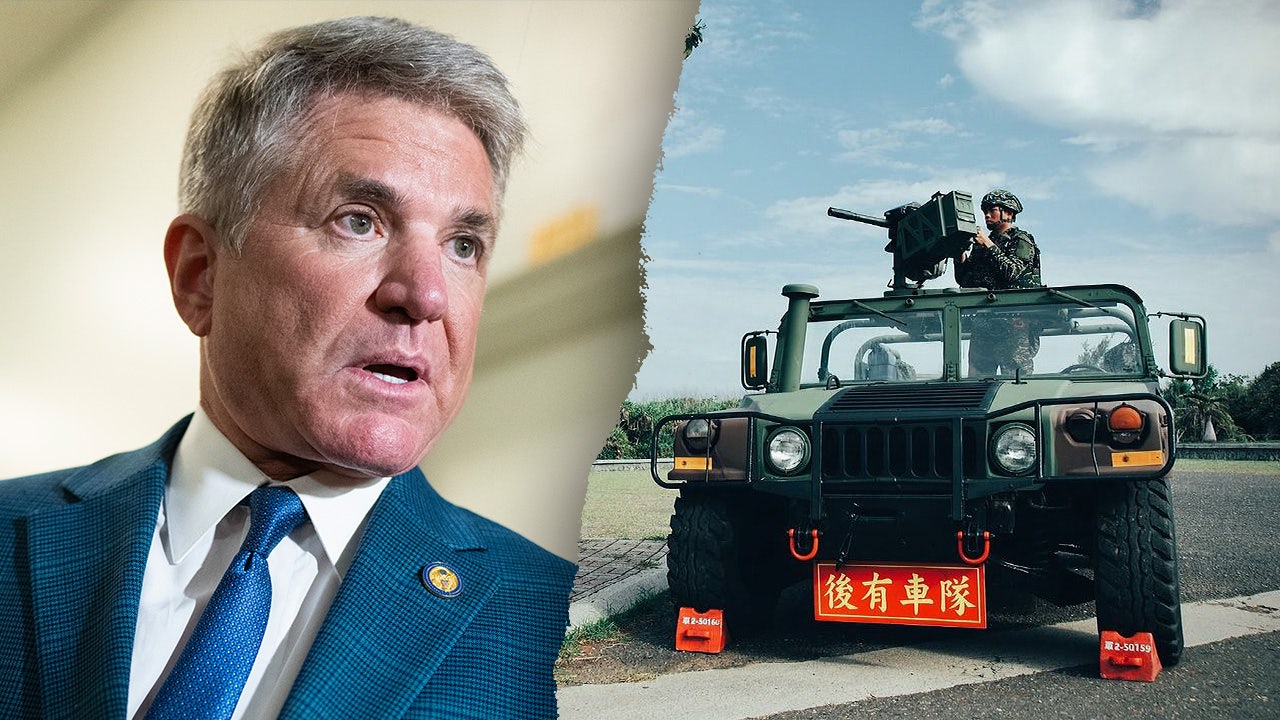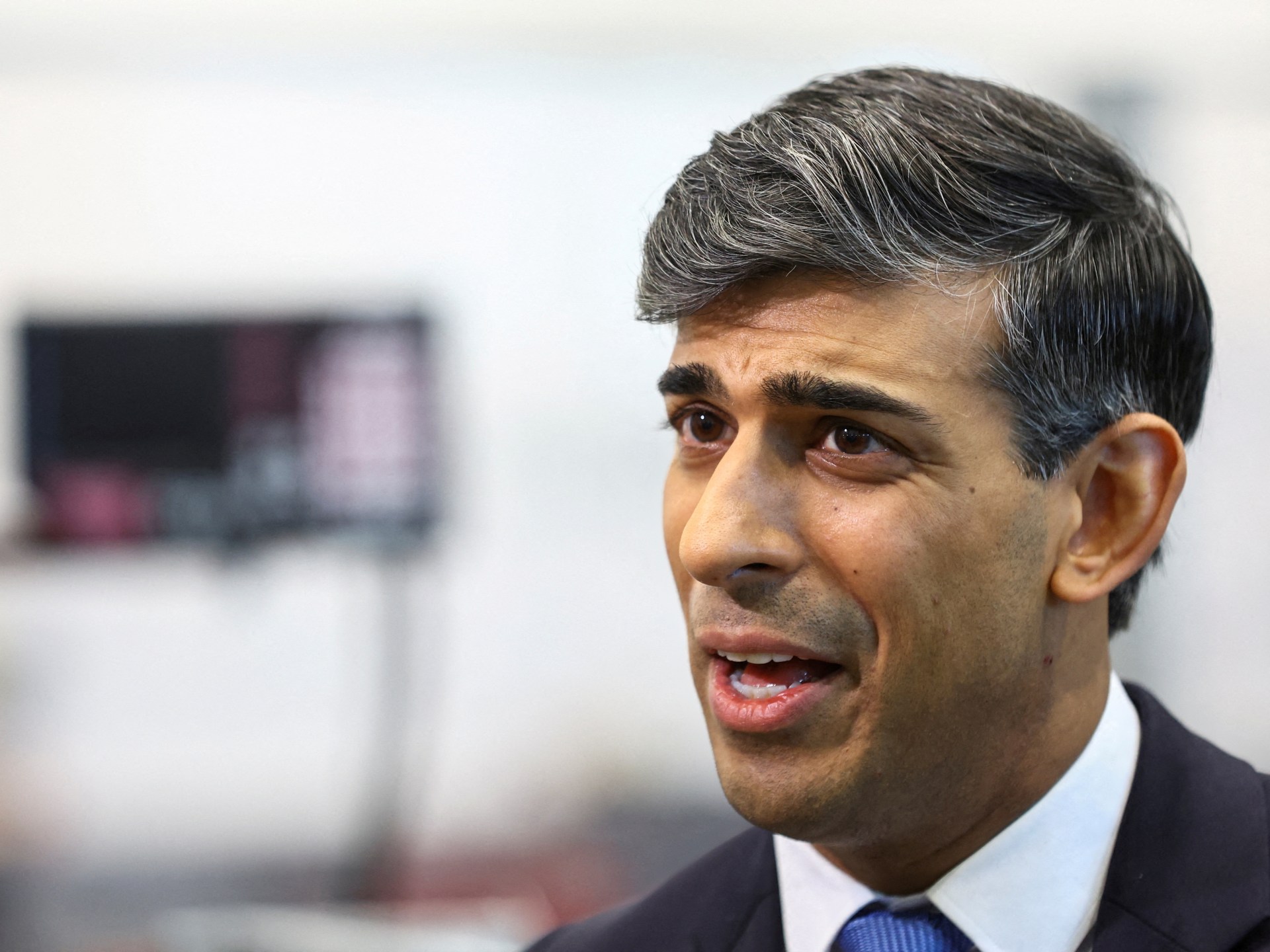World
MEP Eva Kaili denies role in European Parliament corruption scandal
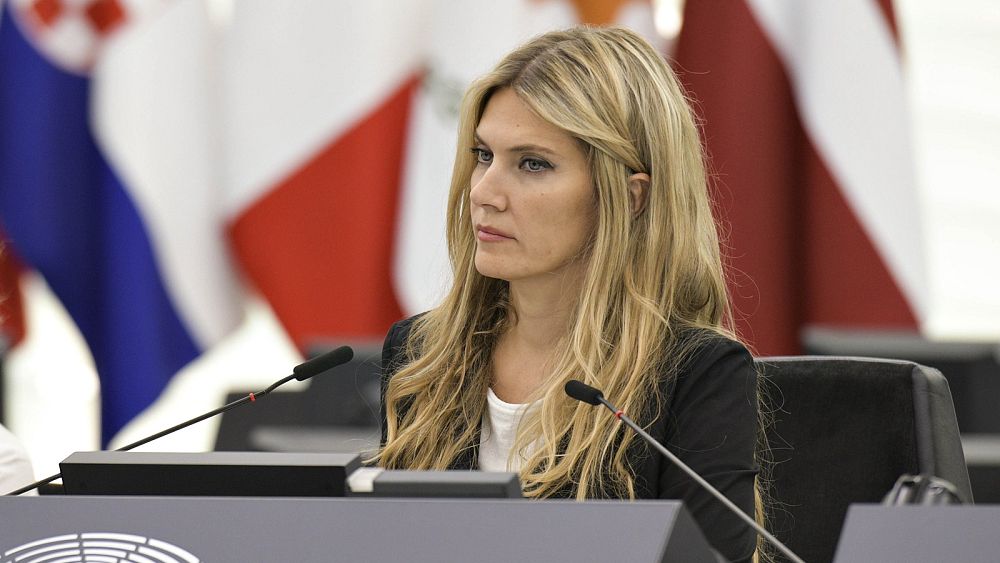
Eva Kaili, the former European Parliament vice president who was arrested in December, broke her silence with three interviews in European newspapers.
Eva Kaili, the MEP at the centre of the European Parliament corruption scandal, broke her silence over the weekend in three separate interviews with European newspapers, defending herself against the criminal charges she faces.
The former European Parliament vice president was arrested last December and charged with participation in a criminal organisation, corruption and money laundering.
The investigation centres on a cash-for-favours scheme that allegedly involved bribes paid by Qatar and Morocco to influence policy-making inside the European Parliament.
The probe has brought charges against six individuals in Belgium and Italy, including three sitting lawmakers, and raised serious questions of foreign interference and illicit lobbying.
But Kaili, the most high-profile of the suspects, insisted on her innocence in interviews published in the Spanish newspaper El Mundo, Italian newspaper Corriere della Sera and French newspaper Libération.
They were published after the MEP was released from electronic surveillance following four months in prison and nearly two months monitored at her home.
The interviews occurred before a court order that she not speak to the press, Libération reported.
‘I know I look guilty’
Kaili told the French newspaper that she indeed found hundreds of thousands of euros in the home she shared with partner Francesco Giorgi after his arrest last year.
She gave that cash to her father to bring back to his hotel, which was found by Belgian authorities. Police apprehended the father but he was later released without charges.
“I just wanted to get this money that didn’t belong to me out of my house. I can’t explain it differently. I know I look guilty,” she told Libération.
Kaili told Corriere della Sera that she was put in solitary confinement after her arrest, denouncing the conditions in Belgian prisons as “inhumane.”
She also defended her previous meetings with Gulf countries, stating that as a parliament vice president in charge of relations with the Middle East, she often met ambassadors and ministers and planned official visits.
Weeks before her arrest, the lawmaker delivered a speech before the hemicycle in which she strongly defended Qatar’s track record on human rights in the context of the 2022 FIFA World Cup.
She told El Mundo that she would be delighted if “someone could explain to me how what I have said differs from European politics.”
Kaili claimed that Belgian secret services monitored her due to her work on the parliament’s committee investigating the use of Pegasus spyware in Europe, claiming that this was the “real scandal.”
She also accused Belgian authorities of trying to force her to name people in the case in exchange for a deal, stating that if she had pleaded guilty she could have gone back to her daughter.
Her lawyer, Sven Mary, told Euronews earlier this year that the Belgian authorities had not found any new evidence to justify Kaili’s imprisonment. Shortly after, she was released from prison with electronic surveillance.
Last month, the MEP was no longer required to wear an electronic bracelet.
The Belgian Federal Prosecutor’s office told Euronews that they would not react to Kaili’s comments but specified that the matter would be decided by the justice system.
A spokesperson added that Kaili had been allowed to see her daughter twice a month, which he said is the standard in preventive detention.

World
Macron heads to Germany in first French presidential state visit in 24 years

World
Hamas launches rocket barrage into Israel from Rafah, sounding alarms in Tel Aviv
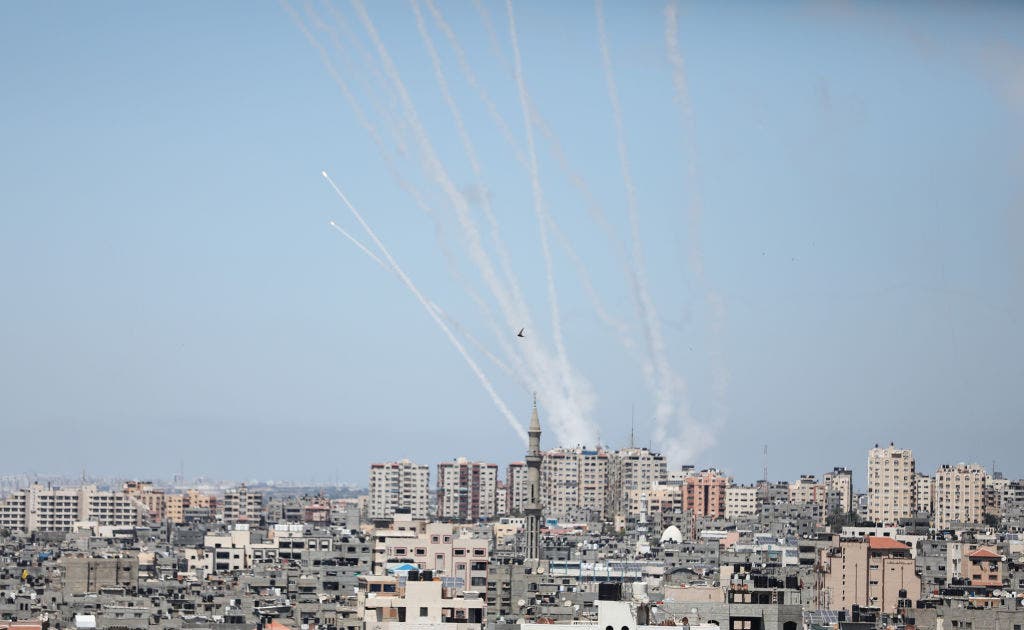
Hamas terrorists launched a barrage of rockets into Israel on Sunday, with roughly a dozen of them being fired from the hotly contested city of Rafah.
Israel’s Iron Dome successfully intercepted the majority of the rockets, with alarms sounding in Tel Aviv and other major cities. The strike comes as Israeli forces are increasing operations in and around Rafah, what Israel says is the final major stronghold for Hamas in Gaza.
Hamas took responsibility for the barrage and argued it was retaliation for “Zionist massacres against civilians.”
Israel has faced growing international pressure to cease its operations in Rafah, which plays host to roughly 1.5 million displaced Gazans. Israel encouraged civilians in the region to leave areas where they conducted military operations against Hamas in an effort to minimize civilian casualties.
GROWING CONTROVERSY OVER BIDEN’S GAZA PIER FUELS CONCERNS OVER COST, SECURITY
Hamas terrorists launched a barrage of rockets into Israel on Thursday, with roughly a dozen of them being fired from the hotly contested city of Rafah. (Getty Images)
Rafah lies on the border with Egypt and had served as a major artery for humanitarian aid. Israel took control of the Gazan side of the border this week, however, and Egypt responded by refusing to allow further aid through.
US MILITARY CONSTRUCTS HULKING METAL PIER AMID BIDEN’S $320 MILLION GAMBLE TO GET AID INTO GAZA
Egypt refuses to reopen its side of the Rafah crossing until control of the Gaza side is handed back to Palestinians. It agreed to temporarily divert traffic through Israel’s Kerem Shalom crossing, Gaza’s main cargo terminal, after a call between President Biden and Egyptian President Abdel-Fattah el-Sissi.
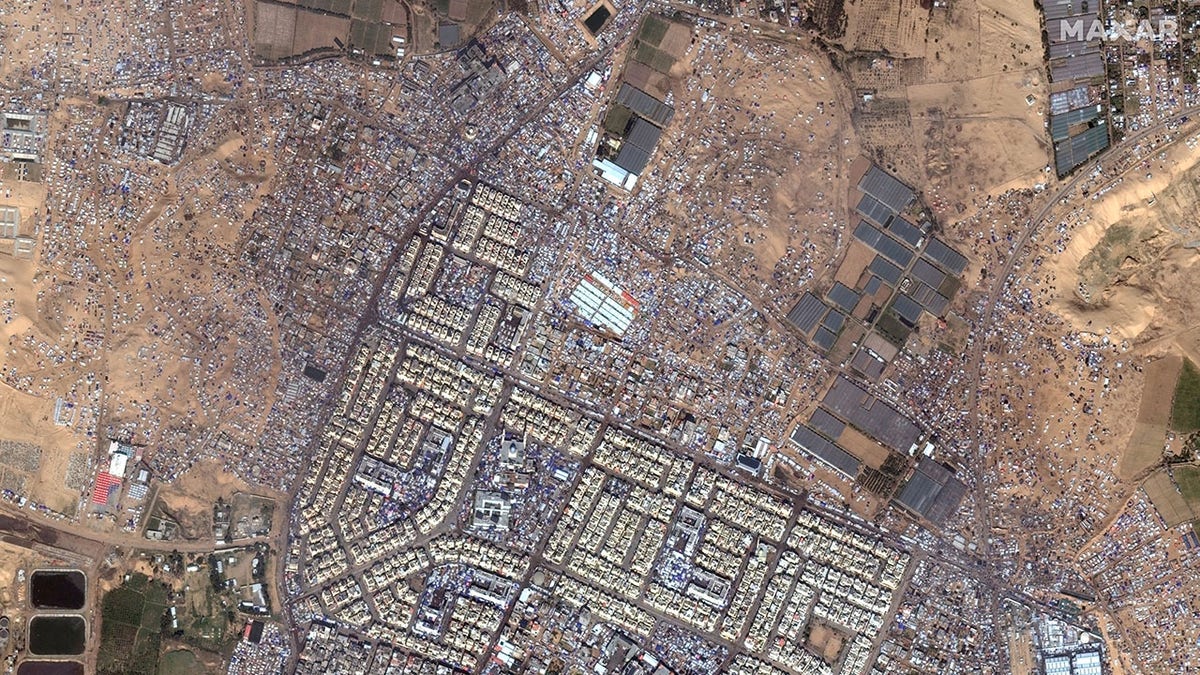
Rafah, pictured here, lies on the border with Egypt and had served as a major artery for humanitarian aid. Israel took control of the Gazan side of the border this week, however, and Egypt responded by refusing to allow further aid through. (Reuters/Maxar Technologies)
Hundreds of aid trucks traveled through Israel’s Kerem Shalom crossing this weekend, but United Nations workers say they have had difficulty accessing the aid due to heavy fighting nearby.
The new aid agreement comes as a “floating pier” created on the Gaza coast by the U.S. suffered damage this weekend. The pier remains mostly operational, but four vessels that had served to stabilize the pier were detached due to rough weather.
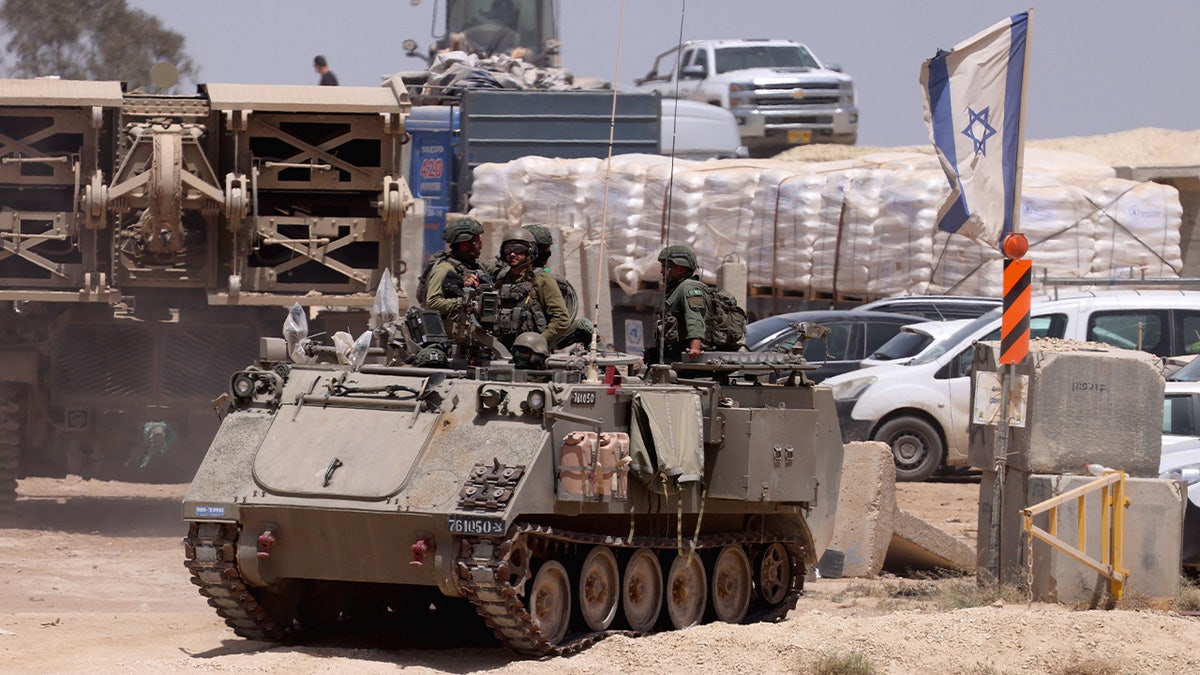
Israeli military vehicles along the border with Gaza on April 24, 2024. (Jack Guez/AFP via Getty Images)
The U.S. spent roughly $320 million constructing the pier, which has been a conduit for aid from the U.S. and other countries. While the pier has been used to transfer roughly 569 metric tons of aid into Gaza, as of last week none of that aid had been delivered to Palestinians, the Pentagon confirmed.
The Associated Press contributed to this report
World
Macron pays Germany a state visit for the first time in 24 years
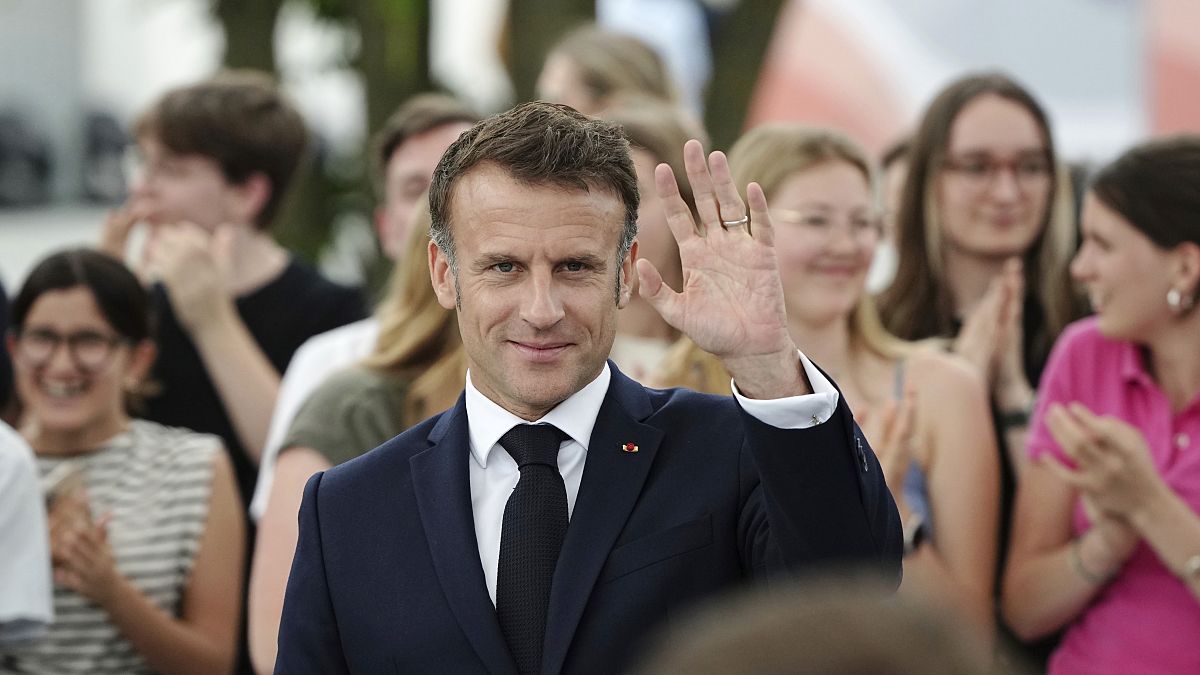
Germany and France, the EU’s largest economies, have long been seen as the driving force of European integration, despite occasional policy differences.
For the first time in 24 years, a French president has paid a state visit to Germany.
President Emmanuel Macron arrived on Sunday for a three-day trip, intended to emphasise the strong ties between the European Union’s leading powers.
Initially set for last July, the visit was postponed due to riots in France following the police killing of a 17-year-old.
While Macron is used to visiting Germany to coordinate EU and foreign policy, this is the first state visit with full ceremonial honours since Jacques Chirac’s visit in 2000.
Macron and his wife, Brigitte, were hosted by Germany’s president, Frank-Walter Steinmeier, as Germany celebrates the 75th anniversary of its post-World War II constitution.
Steinmeier put on a state banquet for Macron at Bellevue Palace in Berlin Sunday evening.
On Monday, the two presidents will travel to Dresden, where Macron will deliver a speech.
They will visit then Muenster in western Germany on Tuesday.
The state visit will conclude with a meeting between Macron, German Chancellor Olaf Scholz, and ministers from both countries at a government guest house outside Berlin.
Germany and France, the EU’s largest economies, have long been seen as the driving force of European integration, despite occasional policy differences.
This was evident earlier this year when the two countries had differing positions on whether Western countries should rule out sending troops to Ukraine.
Macron did not rule out putting boots on the ground in Ukraine, though Scholz quickly distanced himself from these remarks.
Nonetheless, both nations remain strong supporters of Kyiv.
-

 Movie Reviews1 week ago
Movie Reviews1 week agoIs Coppola’s $120M ‘Megalopolis’ ‘bafflingly shallow’ or ‘remarkably sincere’? Critics can’t tell
-

 World1 week ago
World1 week agoTaiwan grapples with divisive history as new president prepares for power
-

 Crypto1 week ago
Crypto1 week agoVoice of Web3 by Coingape : Showcasing India’s Cryptocurrency Potential
-

 Politics1 week ago
Politics1 week agoTrump predicts 'jacked up' Biden at upcoming debates, blasts Bidenomics in battleground speech
-

 News1 week ago
News1 week agoA bloody nose, a last hurrah for friends, and more prom memories you shared with us
-
/cdn.vox-cdn.com/uploads/chorus_asset/file/24038601/acastro_STK109_microsoft_02.jpg)
/cdn.vox-cdn.com/uploads/chorus_asset/file/24038601/acastro_STK109_microsoft_02.jpg) Technology1 week ago
Technology1 week agoMicrosoft’s Surface AI event: news, rumors, and lots of Qualcomm laptops
-

 News1 week ago
News1 week agoVideo: A Student Protester Facing Disciplinary Action Has ‘No Regrets’
-

 World6 days ago
World6 days agoPanic in Bishkek: Why were Pakistani students attacked in Kyrgyzstan?
